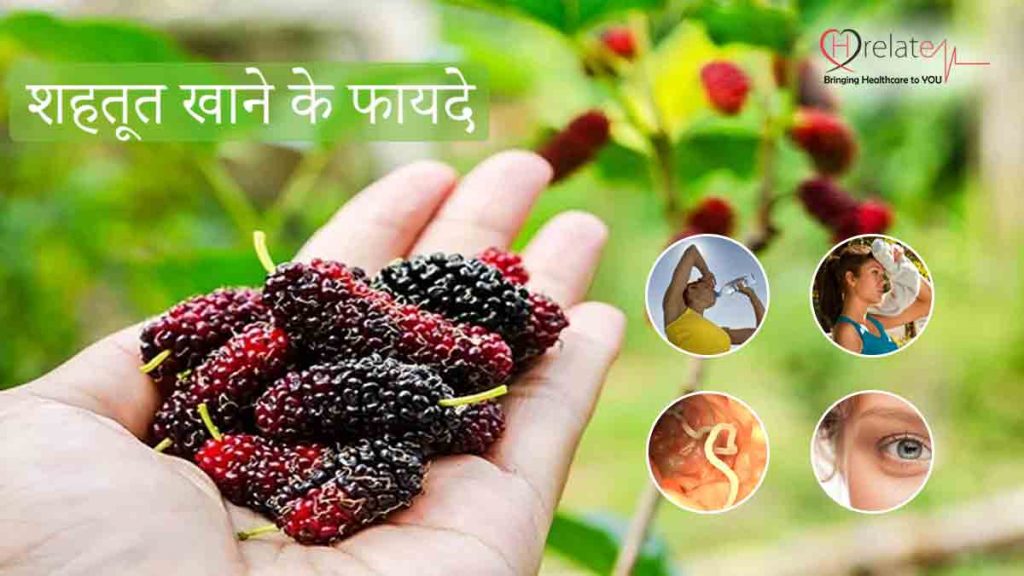
Mulberry Benefits in Hindi जानिए स्वादिष्ट शहतूत के स्वास्थ्य वर्धक लाभ
Uses & Benefits of Mulberry. Mulberry fruit is used to treat weakness, dizziness, tinnitus, fatigue, anemia, and incontinence. Its leaves are used to promote sweating, and the branches and bark help lower blood pressure. It can help treat chronic diseases of the digestive tract, improve digestion, stimulate the appetite, promote gastric juice.

10 Health Benefits of Mulberries CUREBUZZ
It is also known commonly in English as Indian mulberry, great morinda and beach mulberry. However, the brilliant health benefits it confers more than make up for its foul smell and unpleasant flavour, with this small tropical bounty remarkably bolstering energy levels, metabolism, immunity, enriching skin texture and even helping mitigate.
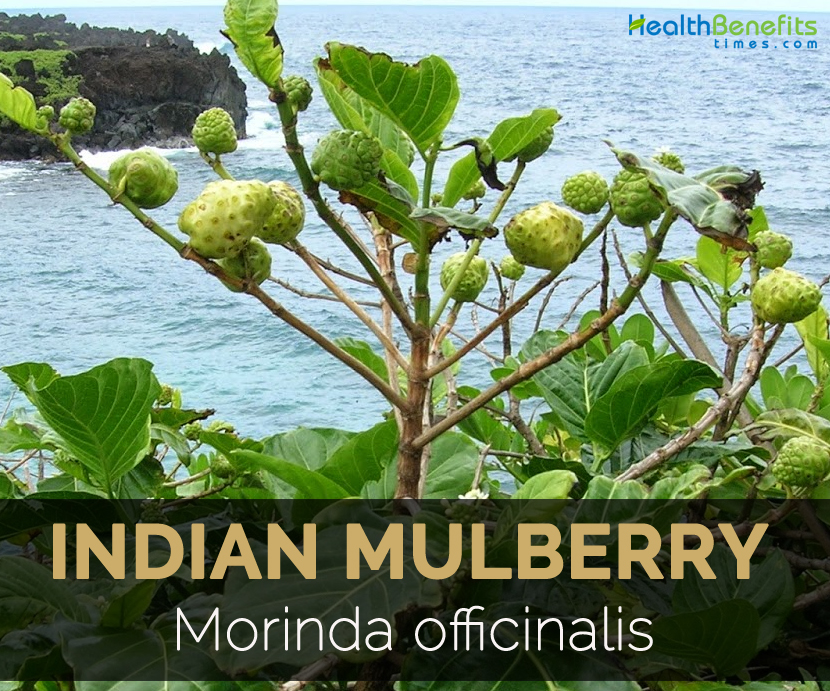
Indian Mulberry Facts and Health Benefits
Indian Mulberry. Mulberry, or noni, grows from a small tree with white flowers, large dark green leaves, and bumpy fruits. The fruit has seeds wrapped around flesh that is yellowish-white in color and has a strong odor when ripe. The leaves and fruits are traditionally used for medicine in the Pacific islands (Bailey, 1992; Nelson, 2006).
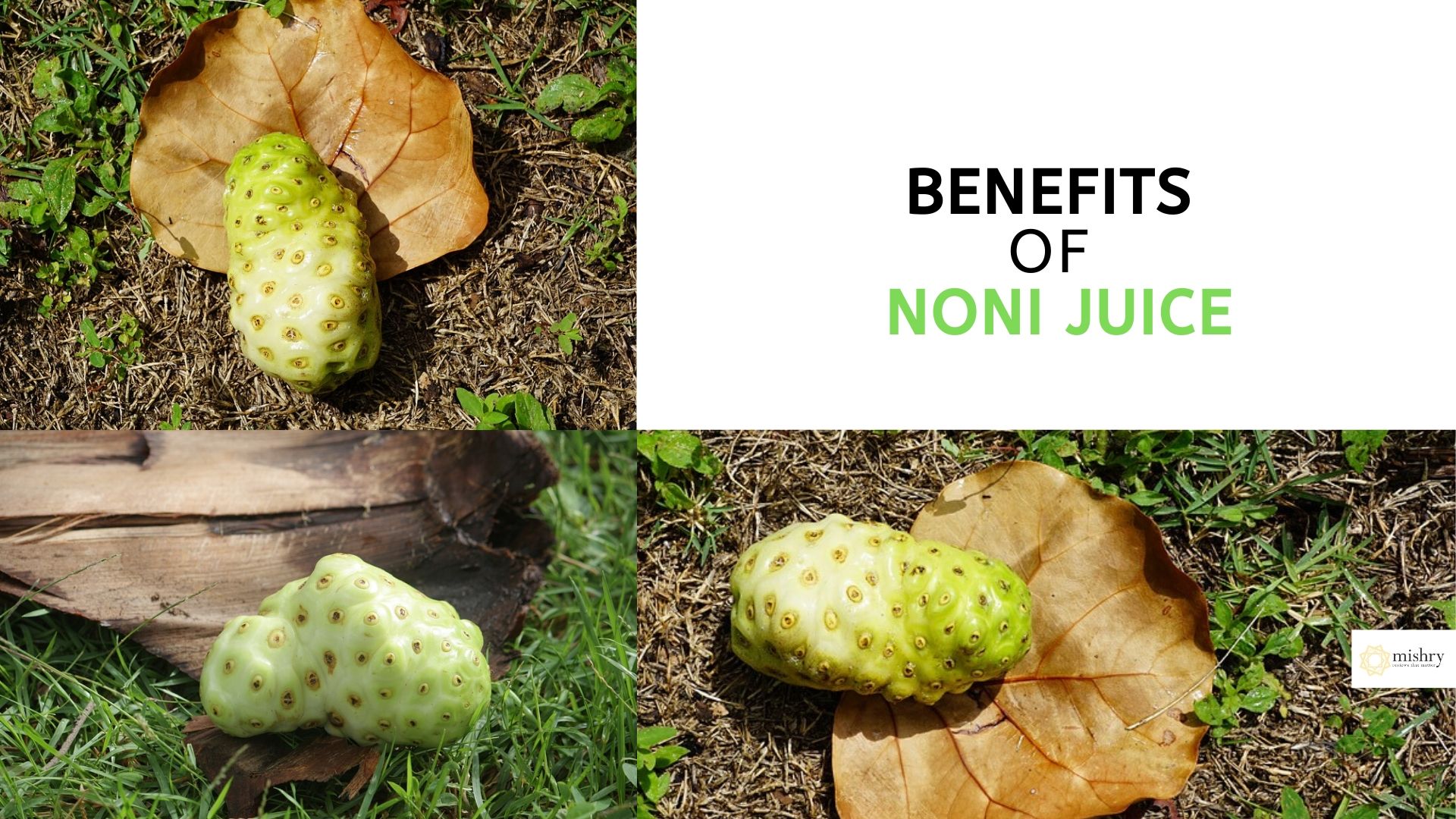
Amazing Benefits Of Noni Juice (Indian Mulberry) Side Effects & How To Make It
8 Top Benefits Of Mulberries & How To Eat. The health benefits of mulberries may include their ability to improve digestion, lower cholesterol, aid in weight loss, increase circulation, build bone tissues, and boost the immune system. It may also help in slowing down the aging process, lower blood pressure, protect the eyes, and possibly.

Mulberry Fruit Benefits, Nutrition, Recipes and Side Effects Dr. Axe
Morus indica (L.) commonly known as Indian mulberry belonging to the family Moraceae is a fast growing perennial plant and is the primary food plant for the monophagous insect Bombyx mori has a special significance in the sericulture industry. Medicinal properties of this plant have been depicted in the ancient literature of Ayurveda. Some of the ayurvedic preparations use fruits, leaves.
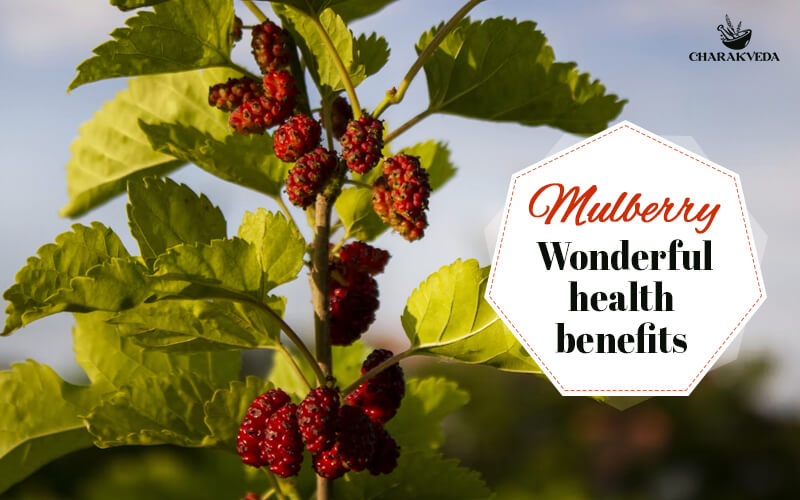
Mulberry (Shahtoot) Wonderful health benefits and its side effects
Here are the 10 most important benefits this fruit has in detail. 1. Analgesic. Noni has the nicknames "The Tree For Headaches" or "The Painkiller Tree". Studies have shown that noni reduced pain compared to the drugs tramadol and hydrocortisone, making it effective for arthritis and other joint pains. 2.

Mulberry Health Benefits Healthier Steps
Various parts Indian mulberry are used for medicinal purposes, such as containing fever, and also as a tonic. Eye problems, skin wounds, gum and throat problems, respiratory problems, constipation, stomach pains and post delivery pains are treated using its leaves, flowers, fruit and bark. Heated leaves of the plant are applied to the chest, in.

Health benefits of mulberries
Uses. Medicinal Uses of Indian mulberry: Moringa Leaves→. Tonic, Febrifuge, paste applied on ulcers, juice applied on gout. Decoction of leaves taken by mouth is effective for fever, dysentery, and diarrhea. A poultice of pounded fresh leaves cures tuberculosis. Leaves and stem bark useful in small box. Leaves used as tonic useful in general.

7 Amazing Health Benefits Of Mulberry YouTube
While the name may sound odd, noni juice is derived from the fruit of a small evergreen plant called noni - also known as Indian mulberry - normally found in global subtropics and tropics. Lucky for us, the health benefits abound noni juice may offer protection and functioning of the liver, maintenance of cardiovascular health, and blood sugar control, and relief from memory loss.

15 Top Health Benefits of Mulberries HubPages
Health Benefits of Indian Mulberry juice. Anti-ageing; Indian mulberry juice is rich in antioxidants such as selenium and Vitamin C that helps to neutralize free radicals in the blood. The antioxidants combine with free oxygen atom before it gets in contact with healthy cell. Free oxygen atoms form oxidative stress over cell lining that could.
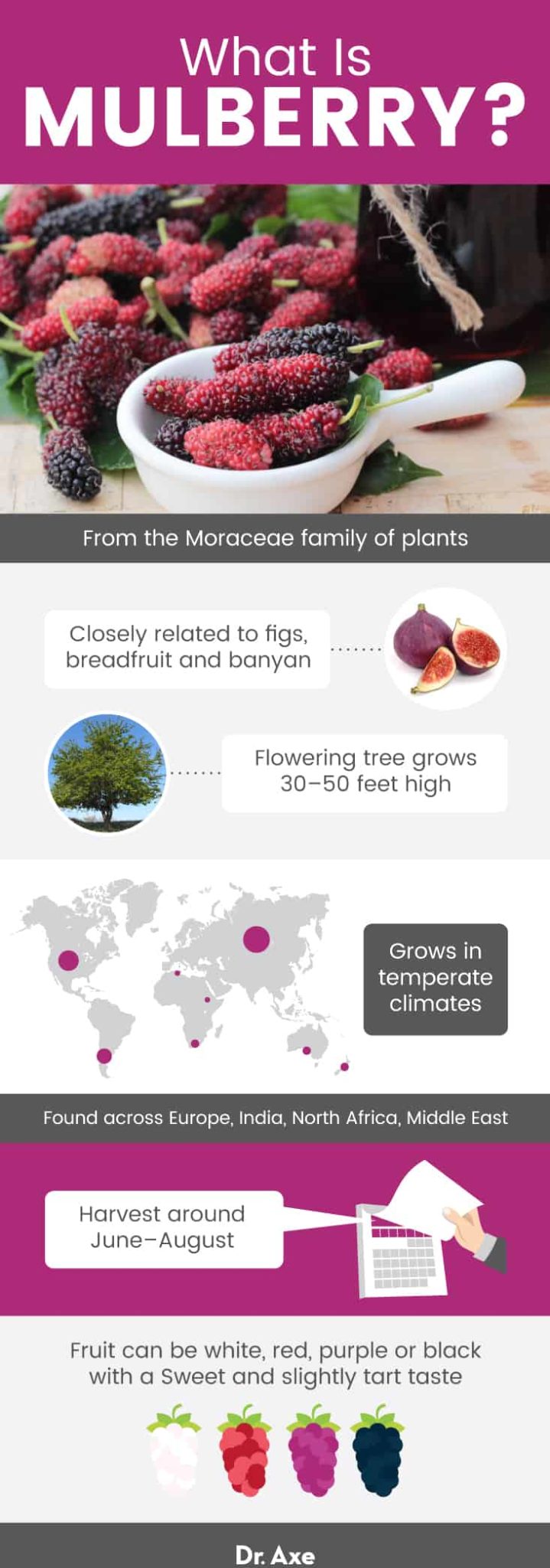
Mulberry Fruit Benefits, Nutrition, Recipes and Side Effects Dr. Axe
Noni or Indian Mulberry, the fruit of the Morinda Citrifolia tree, is actually a species of the coffee family - and like coffee, it is a stimulator, but not in the way you would imagine. Native to Southeast Asia and Australasia, the Noni fruit has been particularly well revered in Hawaii, where it is a part of many traditional medicinal remedies.

Health Benefits Of Mulberries Mulberry is a powerhouse of nutrients and is an excellent source
The vitamins, minerals, and antioxidants in mulberries provide a variety of powerful health benefits. For example, the flavonoids in mulberries fight free radicals to limit oxidative stress. This.

Mulberry Uses/Benefits How to grow mulberry YouTube
Morinda citrifolia. Morinda citrifolia is a fruit-bearing tree in the coffee family, Rubiaceae, native to Southeast Asia and Australasia, and was spread across the Pacific by Polynesian sailors. [1] The species is now cultivated throughout the tropics and widely naturalized. [2] There are over 100 names for this fruit across different regions.

24 Outstanding Health Benefits of Mulberries
Popularly known as Shahtoot, Indian mulberries are colourful berries that have an incredibly sweet flavour and are loaded with impressive health benefits. With nutrients like iron, vitamin C, vitamin K, potassium, and calcium, mulberries help improve digestion, blood circulation, and carbs absorption and relieve inflammation. Read on to know the various health benefits of this summer fruit.

24 Outstanding Health Benefits of Mulberries
4. Vitamin C: Morus indica fruits are a good source of vitamin C, an essential nutrient that supports the immune system and overall health. 5. Dietary Fiber: Morus indica fruits are also high in dietary fiber, which aids in digestion and can help manage blood sugar levels. 6.

Benefits Of Mulberry Plant Morus Alba Leaves And Mulberries For Health hubpages
Noni Fruit (नोनी फल) or Indian Mulberry is considered to be a highly beneficial traditional remedy. The World Health Organization (WHO) defines traditional medicines as 'the sum total of the knowledge, skills, and practices based on the theories, beliefs, and experiences indigenous to different cultures, whether explicable or not, used in the maintenance of health as well as in.